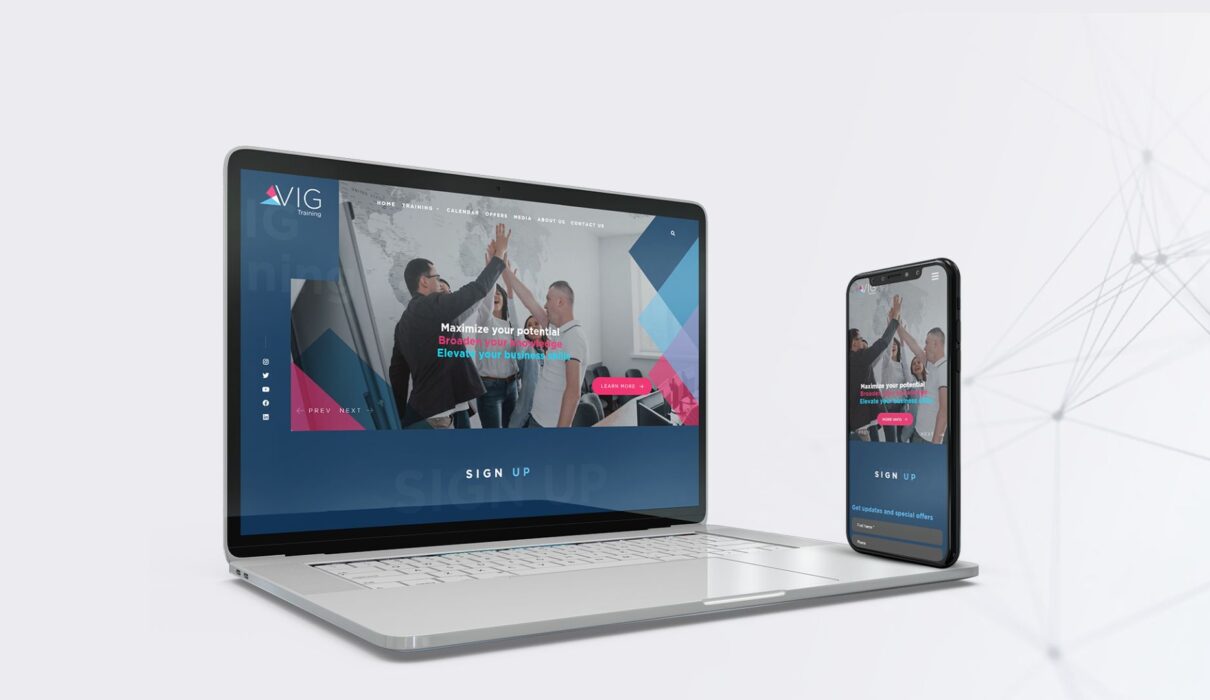The advent of hybrid work models has fundamentally transformed corporate travel trends, reshaping how businesses approach travel in a landscape where remote and in-office work coexist. This transformation has prompted a reassessment of travel objectives, regulations, and the adoption of technology to accommodate a more adaptable workforce.
Redefining Purpose of Corporate Travel in today’s time
Traditionally, corporate travel centered around client meetings, conferences, and internal gatherings at company headquarters. With the rise of hybrid work, the nature of these trips has evolved. In-person interactions are now more intentional, focusing on activities that cannot be replicated virtually. This includes team-building exercises, strategic planning sessions, and cultivating client relationships that benefit from face-to-face engagement. The emphasis is on maximizing the value of travel by prioritizing essential in-person interactions.
Increased Complexity in Travel Management
The hybrid work environment introduces new complexities for corporate travel managers. Coordinating travel for a dispersed workforce requires flexible policies that accommodate varying schedules and locations. Travel managers must consider factors such as remote employees needing to travel to central offices, regional gatherings, or client sites. This necessitates adaptable travel programs that can efficiently manage diverse travel needs while controlling costs and ensuring employee well-being.
The Rise of ‘Bleisure’ Travel
Hybrid work models have blurred the lines between business and leisure travel, giving rise to the ‘bleisure’ trend. Employees are increasingly extending business trips to include personal time, exploring new destinations beyond work commitments. This trend reflects a desire for a better work-life balance and the flexibility to experience different cultures and environments. Companies are recognizing this shift and, in some cases, supporting bleisure travel as it can enhance employee satisfaction and retention.
Integrating Technology into Travel Planning
Technology plays a pivotal role in managing corporate travel within hybrid work models. Companies are implementing advanced tools for seamless booking, tracking, and reporting. Artificial intelligence (AI) and automation are utilized to recommend cost-effective itineraries, automate approval processes, and manage expenses efficiently. Real-time updates through travel apps provide instant notifications for flight changes, delays, or local restrictions, ensuring travelers are well-informed and can adjust plans accordingly.
Environmental and Economic Considerations
The shift towards hybrid work has prompted companies to reassess the necessity of travel, considering both environmental impact and cost. There is an evolving focus on sustainability, with organizations aiming to reduce their carbon footprint by limiting non-essential travel. Economic factors also play a role, as companies seek to optimize travel budgets in response to financial pressures. This has led to a decline in short, one-day trips, with a preference for longer stays that combine multiple objectives to maximize the value of each trip.
Implications for Service Providers
The evolving corporate travel landscape presents opportunities for service providers, including those in the digital and design sectors. For instance, a logo design agency in Dubai can capitalize on the increased demand for strong brand identities as companies adapt to new market dynamics. Similarly, firms specializing in static and dynamic web design can offer solutions that enhance online presence, catering to businesses seeking to engage clients and employees in a hybrid work setting. These services are essential for companies aiming to maintain a competitive edge in a digitally driven market.
Adapting to the New Normal
As hybrid work becomes a permanent fixture, companies must adapt their corporate travel strategies to align with this new reality. This involves developing flexible travel policies, investing in technology to streamline processes, and fostering a culture that supports purposeful travel. By doing so, organizations can navigate the complexities of hybrid work, ensuring that travel remains a valuable component of business operations while meeting the evolving needs of their workforce.
In conclusion, hybrid work models are reshaping corporate travel trends by redefining travel purposes, introducing management complexities, and promoting the integration of technology. Service providers in areas like logo design agency in Dubai and web development have a role to play in supporting businesses through this transition. As companies continue to adapt, a strategic approach to corporate travel will be essential in balancing operational objectives with employee satisfaction and sustainability considerations.

